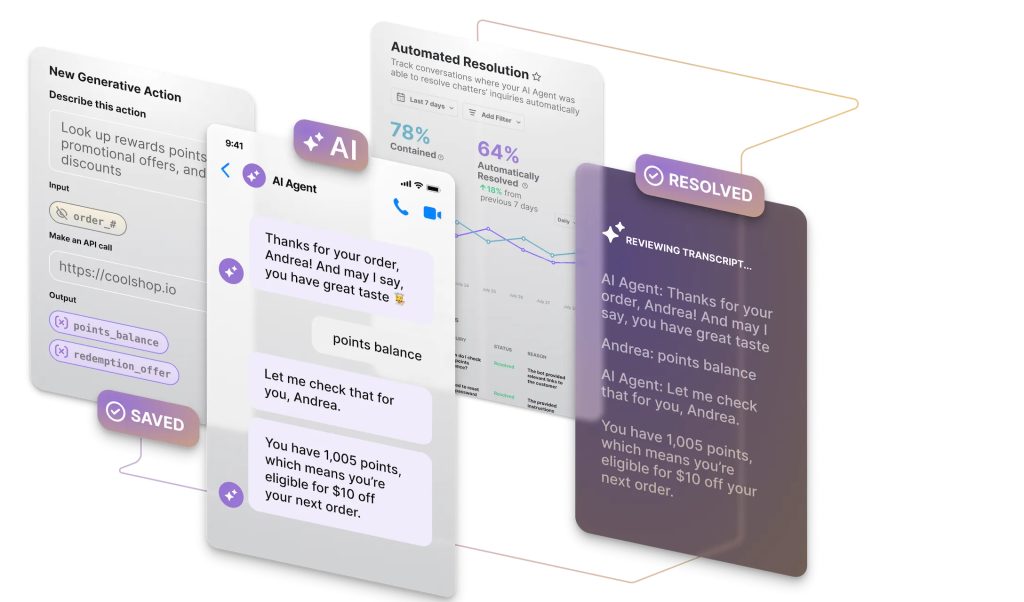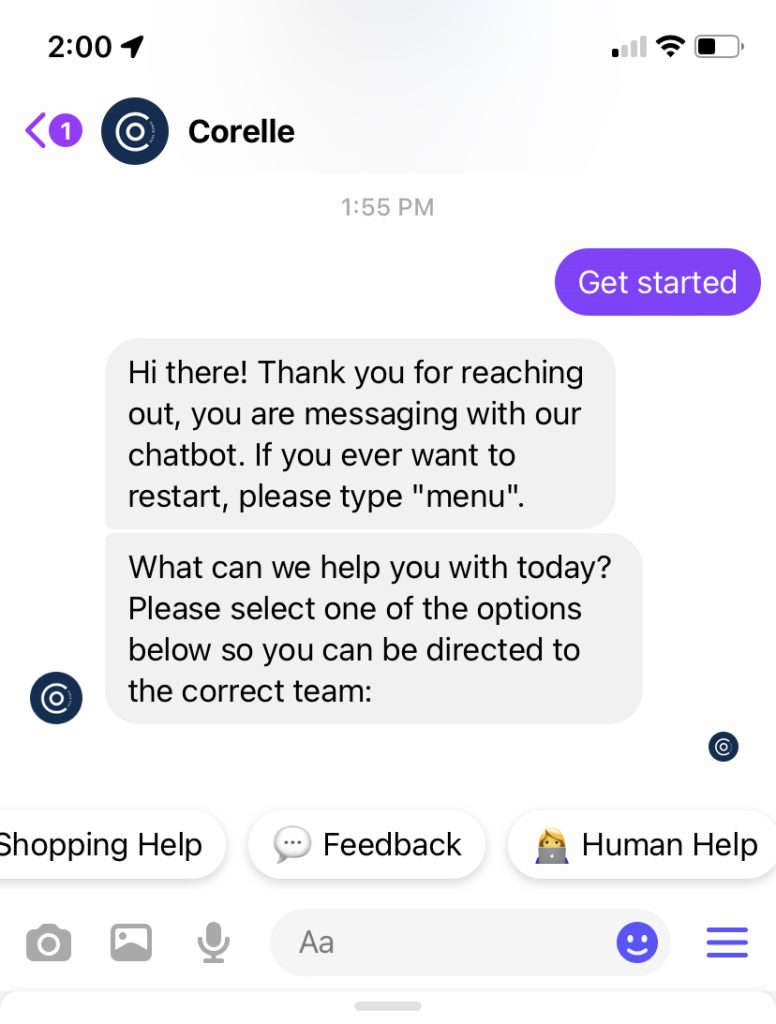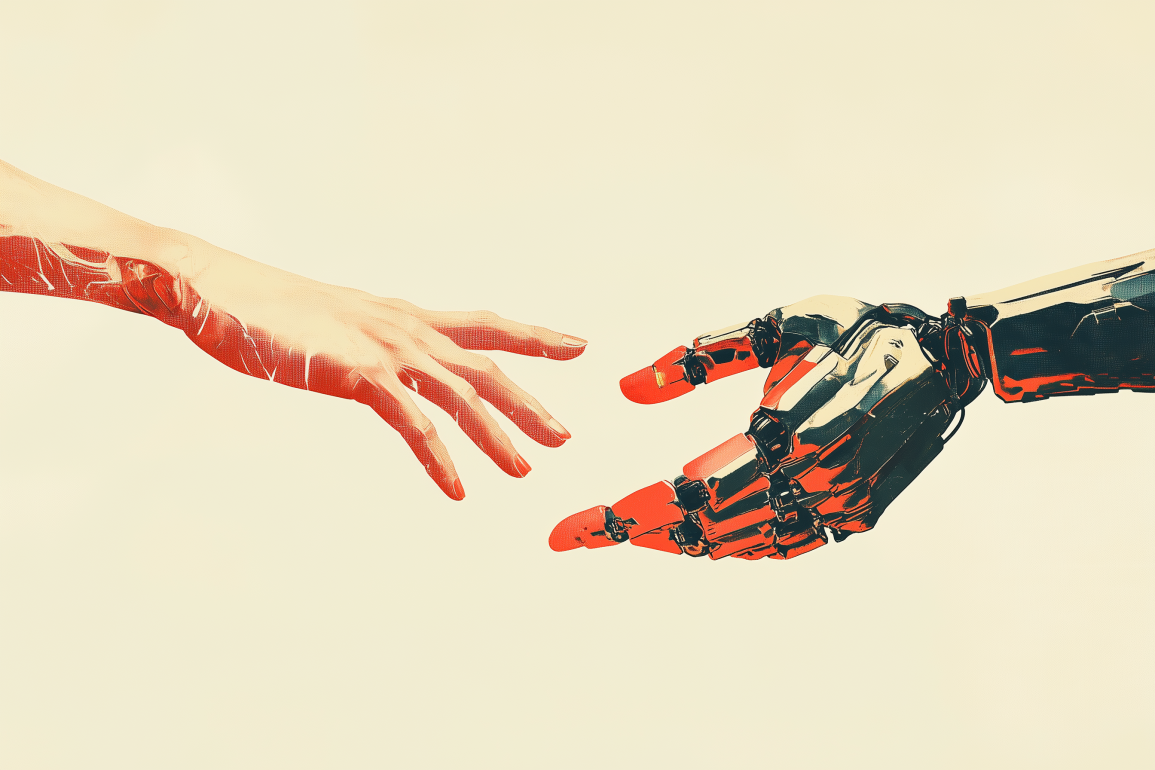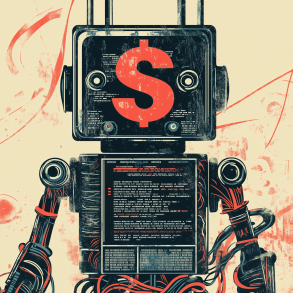Despite the Hype and Fear Around Chatbots Taking Human Roles, a More Effective Strategy May Be Using AI to Support Existing Customer Service Experts
Since the debut of ChatGPT less than two years ago, generative AI has shown immense potential to impact a wide range of jobs. One area that is poised for significant change is customer support, with many companies experimenting with AI chatbots, and even more hype coming from tech investors. Chatbots have long been a key application for generative AI, and the shift from human agents to automated systems began even before the rise of large language models.
Does this mean that everyone working in customer support should be searching for new jobs as the role of humans in this field diminishes? Not necessarily. A Harvard Business Review report found that of 13 essential tasks in customer support, only four could be fully automated, while five could be augmented by AI to enhance human effectiveness.
Generative AI is playing an increasingly significant role in customer support. One of the most prominent applications is the use of chatbots. Many have experienced frustration with outdated voice recognition and automated support systems, but chatbots powered by LLMs can now hold conversations that are nearly as dynamic and flexible as human interactions.

These advanced chatbots are being used to handle routine inquiries and can provide personalized and instant responses to a wide range of customer support scenarios. This allows human agents to focus on more complex cases requiring specific knowledge, multi-faceted problem-solving, or input from various departments.

Generative AI can also create and maintain support knowledge bases, ensuring that human agents have access to the latest best practices and insights. Additionally, it excels at sentiment analysis, enabling the categorization of large volumes of customer inquiries based on sentiment. This can guide human agents in real-time during interactions. Furthermore, AI can draft automated yet personalized responses to email inquiries, ensuring a consistent tone while addressing specific customer issues. Looking ahead, more advanced applications are expected to emerge.
Predictive customer support aims to address issues before they arise, such as sending automated warnings or prompts to update software based on AI alerts. For example, if many users experience trouble accessing a service, other users who might encounter the same issue could be preemptively notified, allowing them to make alternative arrangements. This proactive approach could reduce customer attrition due to poor support experiences.
There is unlikely to be an immediate wave of redundancies in customer support roles, as humans will still be needed to tackle unexpected and unique challenges. However, professionals who prepare for the AI revolution can enhance their value and usefulness in the workplace.
While AI may replace some roles, new opportunities will arise. Customer support professionals could transition into roles such as AI trainers, who refine the quality of automated responses, or AI-human collaboration specialists, who oversee the integration of AI into human workforces.
Staying current with trends and developments in AI technology, as well as engaging in continuous learning and upskilling, will be essential. Human skills, such as emotional intelligence, empathy, and complex problem-solving, which AI struggles to replicate, will also be highly valued.
Conversely, demonstrating the ability to collaborate with AI and leverage it to perform routine tasks more efficiently will enhance one’s value in the workforce.
Ultimately, the key to success lies in treating AI as both a tool and a partner. Rather than competing with AI to remain relevant, professionals should learn to use it to boost their efficiency and productivity, while focusing on the human skills that AI cannot replicate to solve customer problems and improve customer experiences.









